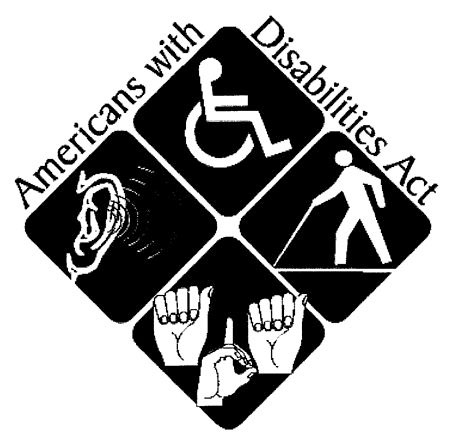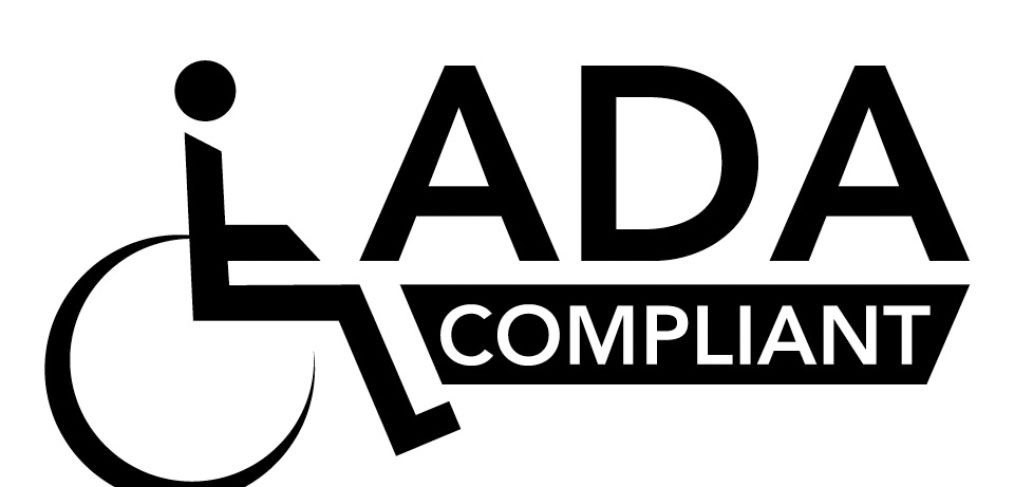Americans with Disabilities Act
What is the Americans with Disabilities Act?
The Americans with Disabilities Act (ADA) of 1990 regulates government facilities, correctional facilities, schools, libraries and businesses on the state, local, and federal level, prohibiting discrimination against people with disabilities across several areas of public life. This civil rights law protects individuals with disabilities in any public space, such as work, education, boards of election, housing, healthcare, public transportation and any area open to the public.
The ADA is separated into five categories that give individuals with disabilities equal opportunity; Title I: Employment, Title II: State and Local Government, Title III: Public Accommodations, Title IV: Telecommunications and Title V: Miscellaneous Provisions.
The Americans with Disabilities Act Amendments Act (ADAAA) went into effect in 2009, which amended the Americans with Disabilities Act. The ADAAA of 2008 was signed into law by President George W. Bush. The amendments sought to broaden the definition of having a disability to avoid limiting the rights of those with disabilities.
MaxiAids Provides Products that Comply with ADA Regulations
As part of MaxiAids' goal to offer product solutions for the Blind, Visually Impaired, those with Low Vision, the Deaf, Hard of Hearing, Disabled, Seniors (Elderly), Children, Special Needs and those with Medical Conditions, we provide products that comply with American Disabilities Act regulations. MaxiAids is committed to helping businesses and public institutions remain ADA compliant by making it easy to find accessible products for the disabled community. We believe helping our community achieve ADA compliant public and private facilities will contribute to attaining equal opportunities to individuals with disabilities.





